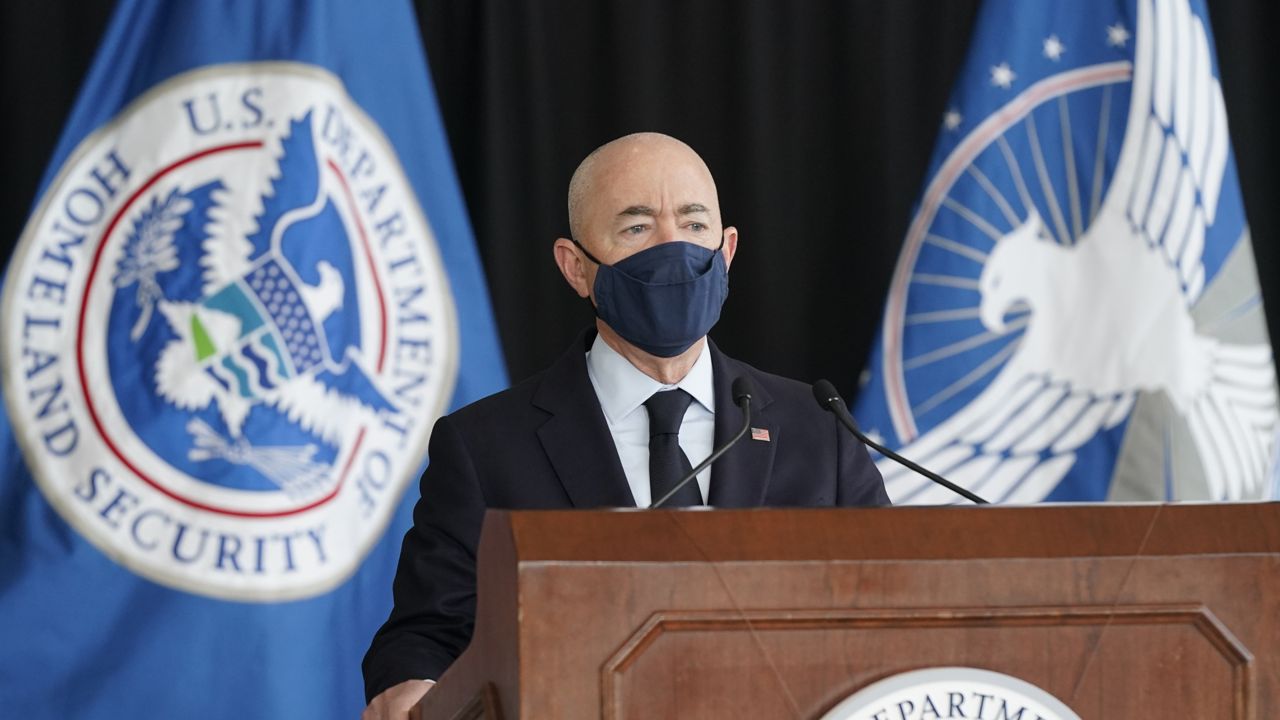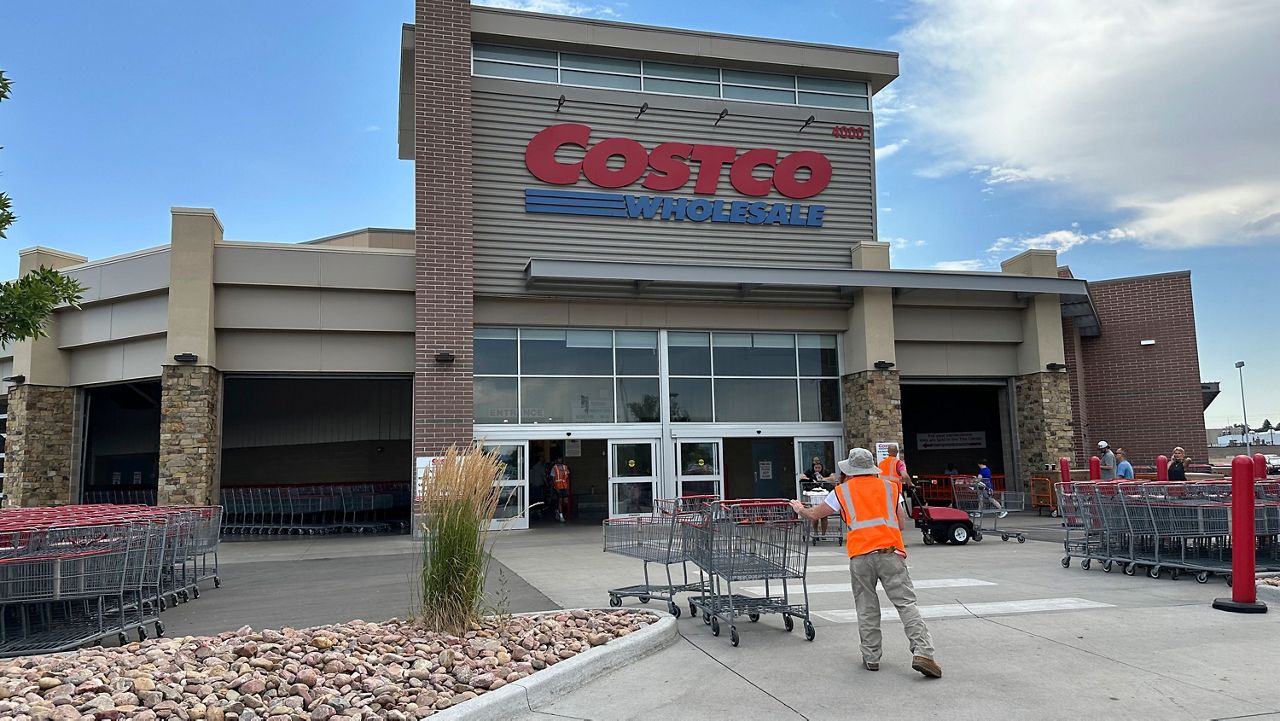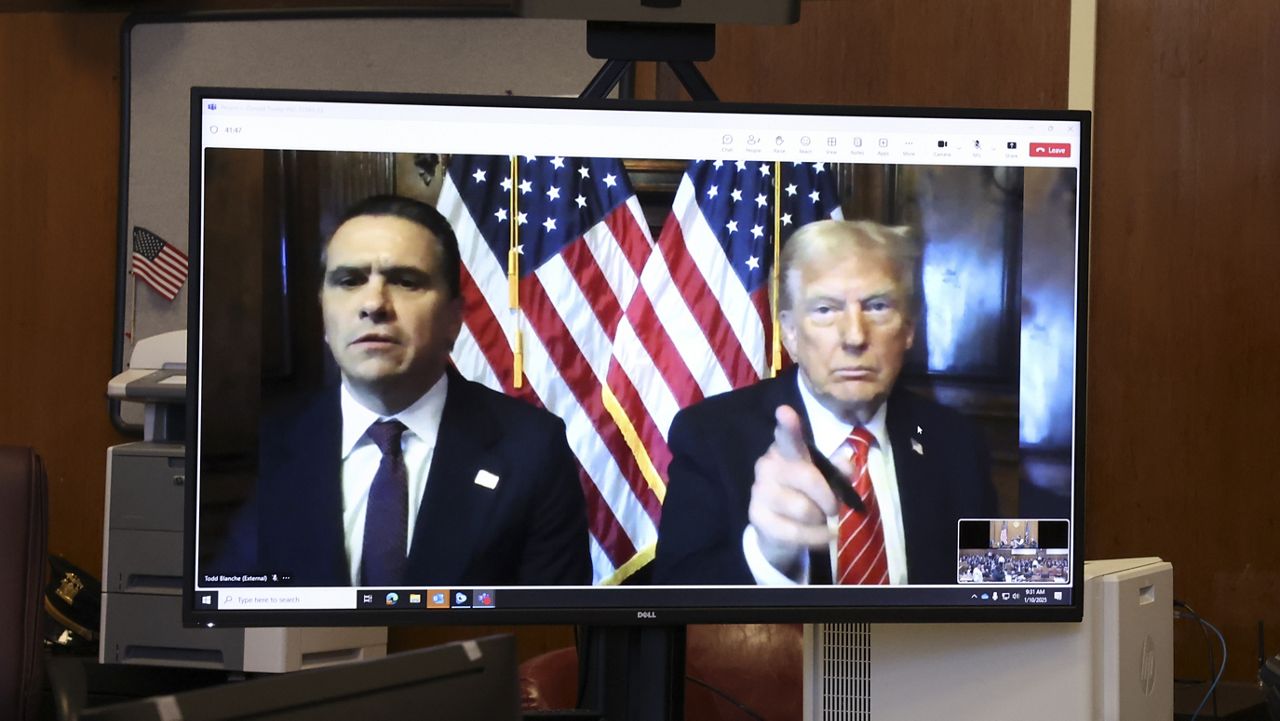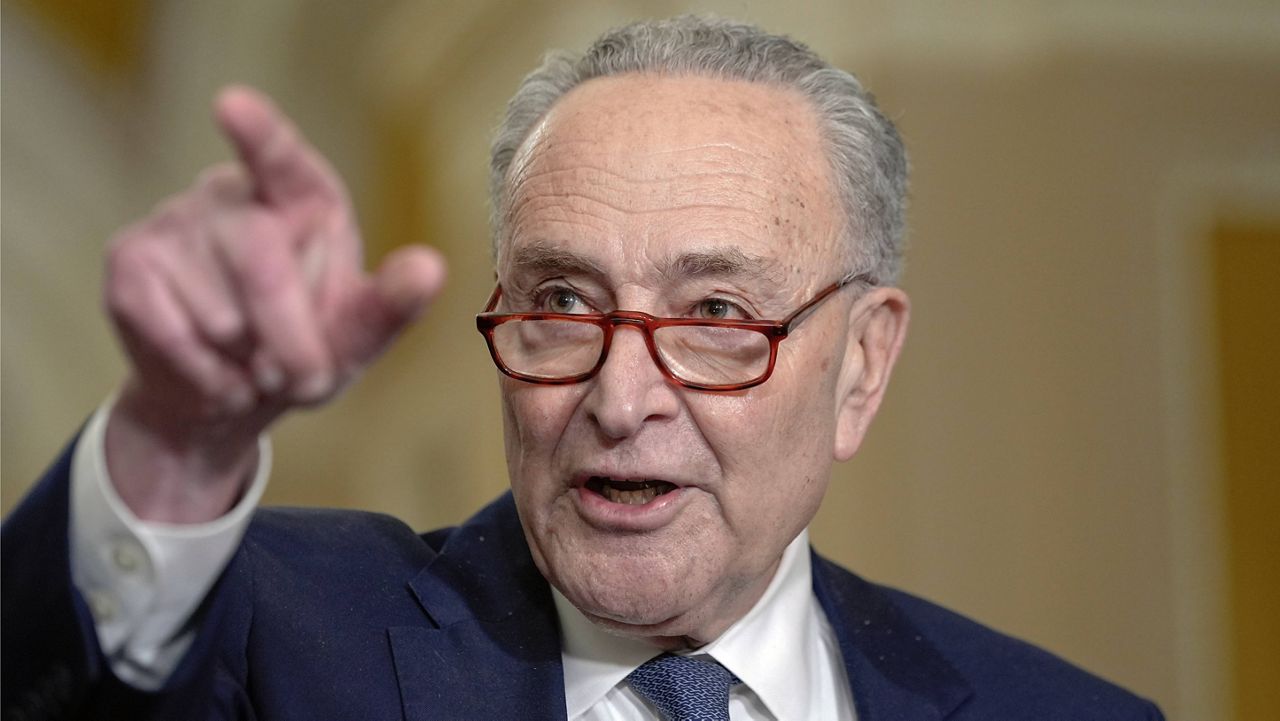The U.S. federal government may implement a COVID-19 vaccine verification system, often referred to as “vaccine passports,” for international travelers, Secretary of Homeland Security Alejandro Mayorkas said this week.
A spokesperson for the Department of Homeland Security later clarified that such a credential would not be mandated by the federal government.
Mayorkas appeared on ABC’s “Good Morning America” on Friday to discuss the surge in travel over the Memorial Day weekend, the first major holiday in over a year where fully vaccinated Americans can forgo masks in most indoor and outdoor settings.
Even more travel, particularly outside of and across U.S. borders, is expected in the coming months. In mid-May, the European Union Commission announced that member states can begin to lift travel restrictions for non-Europeans who have been fully vaccinated against COVID-19 with an EU-approved vaccine.
The U.S. shares three of the four EU-approved vaccines, namely those from Pfizer-BioNTech, Moderna, and Johnson & Johnson.
Although member countries have yet to formally announce a date for when international travelers can re-enter, Reuters reports borders could open within a month.
When asked by ABC’s Michael Strahan if Americans can expect a “vaccine passport” for travel either into or out of the United States, Mayorkas responded that the administration is “taking a very close look” at such a requirement.
“We're taking a very close look at that,” Mayorkas said. “One of our principles that has guided us throughout this pandemic is the value of diversity, equity, and inclusion, and making sure that any passport we provide for vaccinations is accessible to all and that no one is disenfranchised.”
At the time, Mayorkas did not specify what form the so-called “passport” might take, or whether it would be optional or a government mandate.
When asked for clarification, a DHS spokesperson told Spectrum News there will be no federal requirement for Americans traveling abroad to receive a specific vaccine or credential.
“We’ve always said we’re looking at how we can ensure Americans traveling abroad have a quick and easy way to enter other countries,” the spokesperson said. “That’s what the Secretary was referring to; ensuring that all U.S. travelers will be able to easily meet any anticipated foreign country entry requirements. There will be no federal vaccinations database and no federal mandate requiring everyone to obtain a single vaccination credential.”
The statement did not elaborate on how that would be accomplished. And it did not directly address the question of vaccine passports.
There are already several countries using methods similar to vaccine passports. The European Union, China and Japan are all working on their own digital vaccination certificates for cross-border travel. The U.K., meanwhile, updated its National Health Service app last week to let fully vaccinated users prove their status when traveling abroad, coinciding with an easing of travel rules.
The International Air Transport Association, an airline industry group, has its smartphone IATA Travel Pass, which airlines including Qantas, Japan Airlines, Emirates, British Airways and Virgin Atlantic have signed up to. A rival effort, CommonPass, has gained traction with carriers like Cathay Pacific, JetBlue, United and Lufthansa.
Still, the U.S. federal government has consistently maintained that the United States will not create any kind of required credential or collect Americans’ vaccination data.
"Unlike other parts of the world, the government here is not viewing its role as the place to create a passport, nor a place to hold the data of citizens,” said Andy Slavitt, White House Senior Advisor for COVID-19, in a March briefing. “We view this as something that the private sector is doing and will do.”
That position was reiterated by White House press secretary Jen Psaki during an April press briefing.
"The government is not now, nor will we be supporting a system that requires Americans to carry a credential,” Psaki said at the time. “There will be no federal vaccinations database and no federal mandate requiring everyone to obtain a single vaccination credential.”
But Mayorkas’ comments will likely add more fuel to an already-brewing political firestorm over the controversial issue of vaccine passports.
Roughly a dozen states have banned businesses from requiring such documentation from both patrons and employees, and at least one GOP lawmaker is hoping to introduce similar legislation at the federal level.
“I think there’s a real potential for government overreach, and I don’t believe anyone should be forced to take the vaccine,” Sen. Ted Cruz, R-Texas, said of vaccine passports on “Fox & Friends” Friday morning. “It should be your personal choice. You should make the choice based on your health, based on the decisions you want.”
Earlier this week, Sen. Cruz introduced legislation that would “protect individual liberty, ensure privacy, and prohibit discrimination with respect to the vaccination status of individuals,” in part by prohibiting the federal government from creating any sort of vaccine mandate.
The bill would also make unvaccinated Americans a protected class of citizens, meaning an individual could not be discriminated against by an employer for choosing not to get a COVID-19 vaccine.
“Your health decisions are yours to make and it shouldn’t be your boss, it shouldn’t be the government, it shouldn’t be anyone else forcing you to make those decisions,” Cruz said Friday.
Because the Biden administration had remained fairly consistent in not mandating vaccine passports, Cruz added that he hoped his legislation would have bipartisan support.
The Associated Press contributed to this report.







